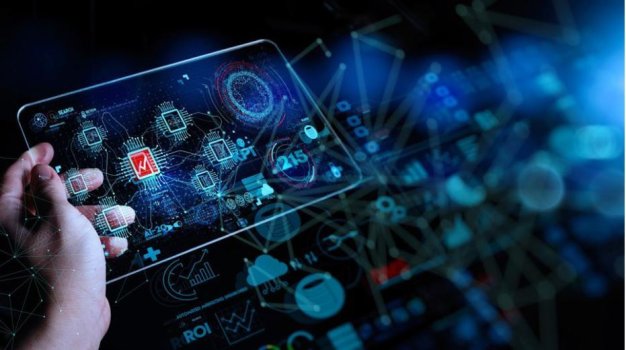Machines are getting better and better at doing jobs that traditionally could only be done by humans. Largely this is thanks to advances in machine learning that have given us machines that are capable of using data to make decisions. As they are trained on more data – in simulated or real-world situations, they are able to do this with increasing proficiency. This is what we’ve come to refer to as artificial intelligence (AI) - the closest we’ve so far come to creating machines that are capable of learning, thinking, and deciding.
So is this unprecedented situation going to result in widespread human redundancy, with the associated damage and disruption to society that this would seem to entail? There are certainly some who think so. On the other hand, some believe it will lead to a new paradigm in human work and productivity, where machines take care of all the dirty, boring, and dangerous jobs, leaving us free to spend time on more rewarding creative, fun or social pursuits.
As always, the truth is likely to be somewhere in the middle. We are already seeing robots threatening the livelihood of those in some low-skill applications – just take a look at Amazon’s cashier-less stores, or plans by McDonalds to introduce AI drive-thru restaurants. For a more general prediction, the World Economic Forum estimates that while up to 85 million jobs will be lost to AI and automation by 2025, 97 million will be created by the opportunities that AI brings in the same period.
Continue reading: https://www.forbes.com/sites/bernardmarr/2021/10/22/ai-and-data-at-dow-jones-why-humans-are-the-machine-behind-ai/?sh=65eba5852eb1
So is this unprecedented situation going to result in widespread human redundancy, with the associated damage and disruption to society that this would seem to entail? There are certainly some who think so. On the other hand, some believe it will lead to a new paradigm in human work and productivity, where machines take care of all the dirty, boring, and dangerous jobs, leaving us free to spend time on more rewarding creative, fun or social pursuits.
As always, the truth is likely to be somewhere in the middle. We are already seeing robots threatening the livelihood of those in some low-skill applications – just take a look at Amazon’s cashier-less stores, or plans by McDonalds to introduce AI drive-thru restaurants. For a more general prediction, the World Economic Forum estimates that while up to 85 million jobs will be lost to AI and automation by 2025, 97 million will be created by the opportunities that AI brings in the same period.
Continue reading: https://www.forbes.com/sites/bernardmarr/2021/10/22/ai-and-data-at-dow-jones-why-humans-are-the-machine-behind-ai/?sh=65eba5852eb1

